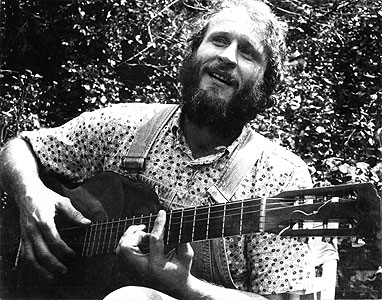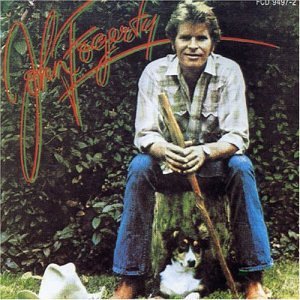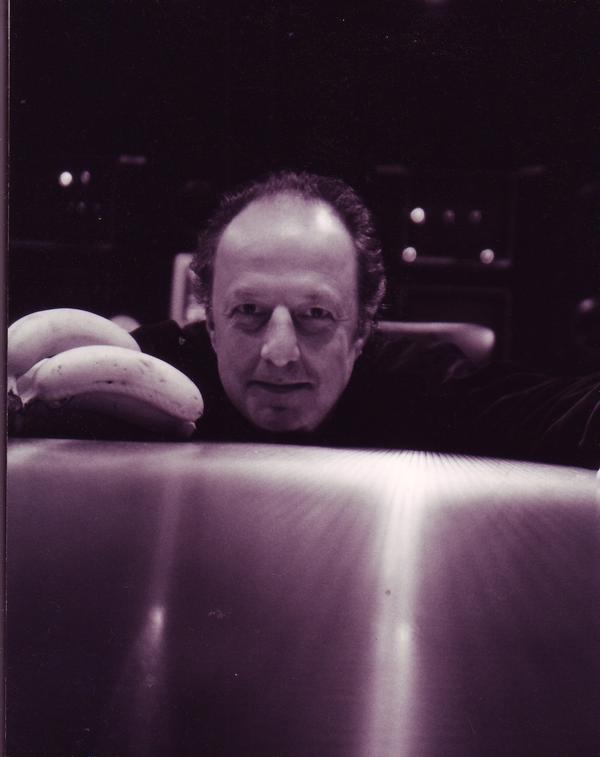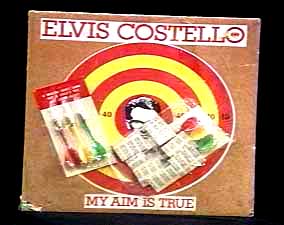Originally posted April 4, 2007.
Pinky Rock is the style of rock that centers around the rhythm guitar playing that is most readily identified with Chuck Berry, the Godfather of Pinky Rock. Surely this style of guitar playing existed before the age of Rock ‘n Roll, but from Berry’s pinky one of the building blocks of the genre was born.
In the Pinky Rock style, the guitarist uses his or her pinky, in most cases, to hammer from the 5th note onto the 6th note of the Barre chords he or she is playing. Sometimes the pinky continues up to the 7th note. This guitar style sets up rock’s all-important backbeat. Other rhythm section instruments have been known to incorporate this hint of the 6th note and 7th notes, most notably the piano or organ (eg, Seger’s “Ramblin’ Gamblin’ Man”), but the style of Pinky Rock, per se, specifically requires use of the guitar…and, most likely, the pinky. (Played in open-chord style or using intervals, as Pete Townshend might do in his rare uses of this style [eg, “Long Live Rock”], the ring finger can be substituted.)
Along with Chuck Berry, the commonly acknowledged Masters of Pinky Rock include Dave Edmunds and Keith Richards. John Lennon and George Harrison were particularly strong Pinky Rock practitioners but not quite as groundbreaking as the aforementioned. Consider them along with Buddy Holly and Angus Young, the style’s top advocates. Billy Zoom of X performed some of Pinky Rock’s finest variations, but he never committed to the style the way Edmunds did on his cover of “I Hear You Knocking”.
Pinky Rock is sometimes confused with a style of Jangle Pop. It’s not. Although the techniques share similarities, their intent differs. Jangle Pop guitarists are typically looking for variations and colorings within the established rhythm of a song; Pink Rock guitarist are establishing the rhythm.





